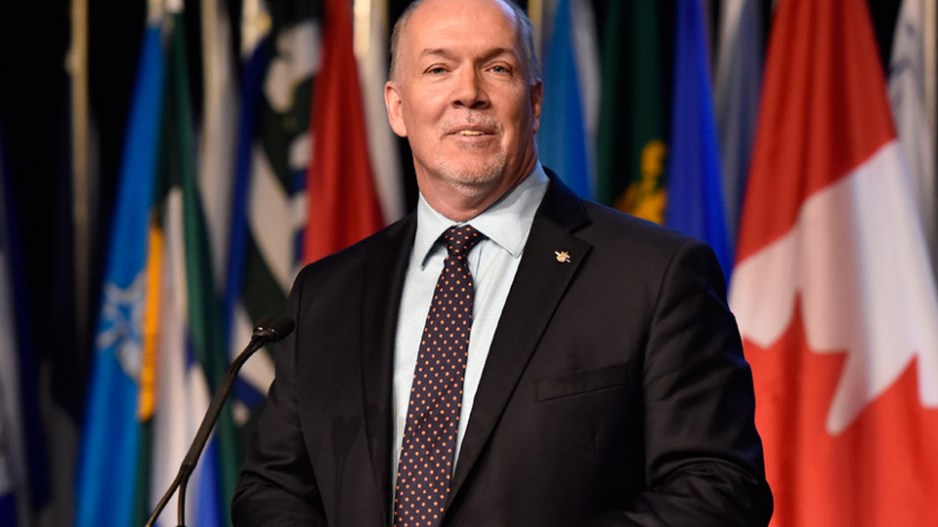Proponents of Canadian LNG projects have between 12 to 18 months to capitalize on the “rapidly shrinking window of opportunity” to serve the second wave of global demand growth, but prospects could all but slam to a halt after May 9.
That’s the date of British Columbia’s provincial election, where the main race has Opposition NDP leader John Horgan facing off against current Liberal Premier Christy Clark.
Right now the election is a cloud of uncertainty for LNG proponents, according analysts with GMP FirstEnergy, because although the two parties have clear approaches to development, there isn’t a clear line of sight to who will win.
“It is unclear whether the Liberal or NDP parties will form the next government. If the Liberals are returned to power, we expect that there would be little change to existing policies and tax structure surrounding LNG, creating additional investment certainty for project proponents,” GMP FirstEnergy wrote in a research note issued on March. 29.
“If the governing party changes hands to the NDP, we think there is a very real possibility that the new government would look at re-evaluating the Liberal party’s policies surrounding environmental and tax issues for LNG, creating a new layer of uncertainty for such projects.
“If this outcome does take place, then we feel this will only push some, or all, of the pending projects in B.C. to cancellation or indefinite deferral well into the next decade.”
While the global LNG market is currently drifting towards oversupply, GMP FirstEnergy and other analysts expect that tightening between supply and demand is coming in the near future.
“Additional supply capacity is going to be needed within the next five to six years to prevent a supply crunch early in the next decade. As such, that means that supply players and countries need to begin to assess the real possibility of sanctioning new supply within the next 12 to 18 months.”
Right now there is no nation in the world that is more rapidly embarking on LNG export capacity adds than the United States, the analysts wrote, which is positioned to grow from less than 2 bcf/d in 2016 to more than 10 bcf/d in 2020.




